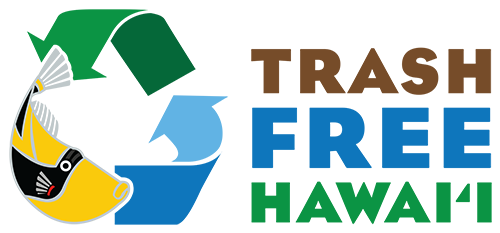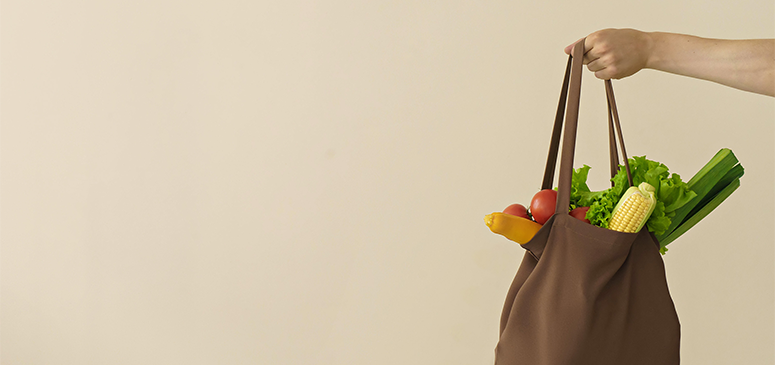Making environmentally-conscious choices has always been important, but now it matters more than ever before. Our waters and forests are being overrun by trash, we are finding microplastics in our food, and soon there will be more trash than fish in the ocean, by weight. You can reduce your waste and save money by incorporating reusable items into your everyday life rather than using their single-use counterparts. By reducing the amount of trash that you produce, you are keeping Hawaii’s storm drains clear and our oceans clean. Here are a few swaps to get you started.
Instead of shaving with a plastic razor, try a reusable one! A reusable razor, also called a safety razor, can last a lifetime if it’s taken care of properly. When the blades dull, simply replace them! If a disposable razor is necessary, consider buying a pack made out of recycled plastic or other eco-friendly materials.
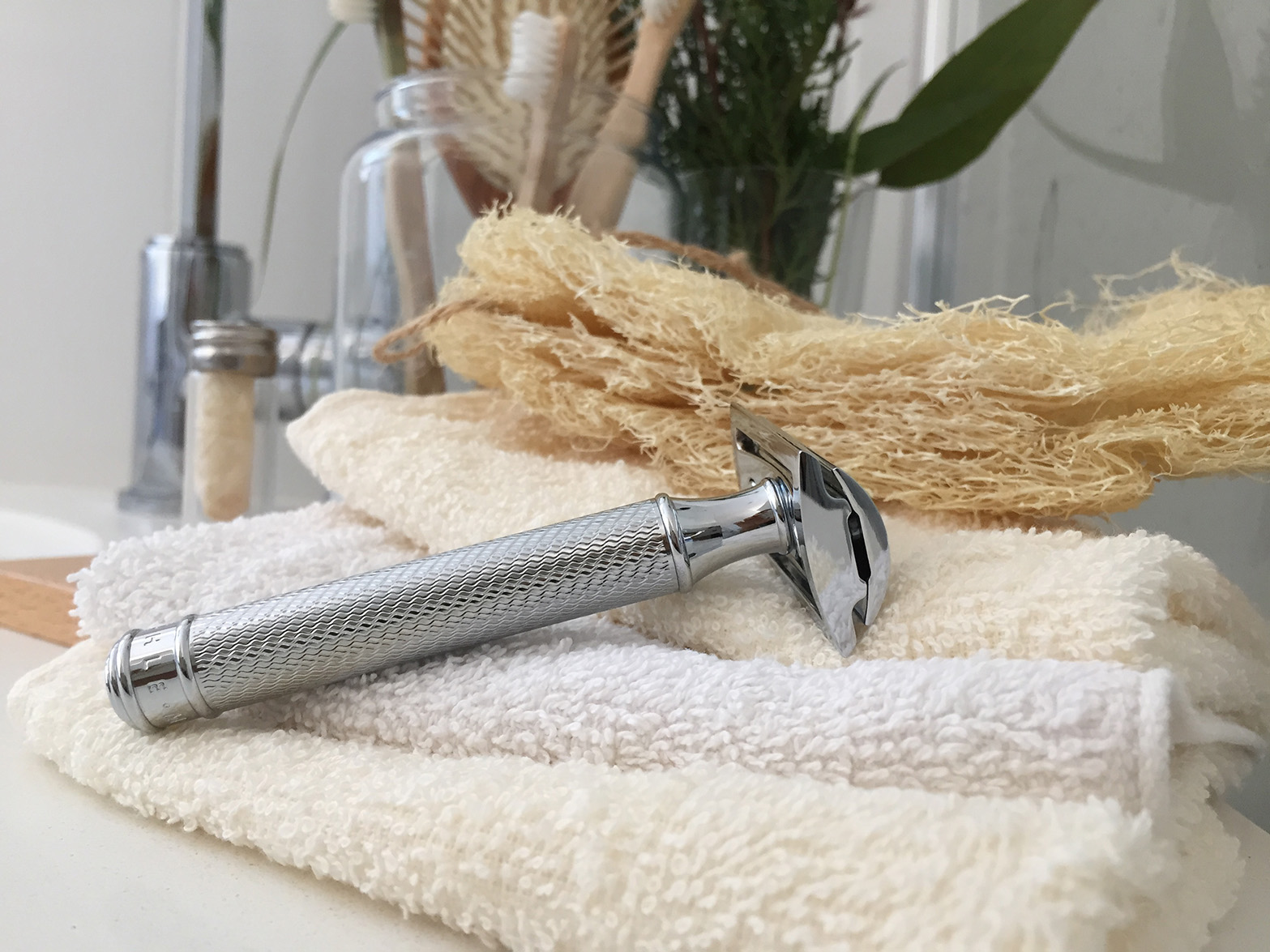
Reusable bags have become fairly commonplace, with many stores in Hawaii requiring you to bring your own or purchase one for a minimum of 15¢. Although this motivates some individuals to bring their own bags to the store, many of us still forget when you have to make an impromptu trip to the market or mall. To avoid forgetting your bags, keep a few in your car and in bags that you use frequently, such as your backpack or purse. You can buy reusable bags with fun designs that fold up into the size of a small wallet, making them easy to pack in your purse or backpack. With a few of these bags in strategic places, you’ll never have to pay for a paper or plastic bag at the store again!
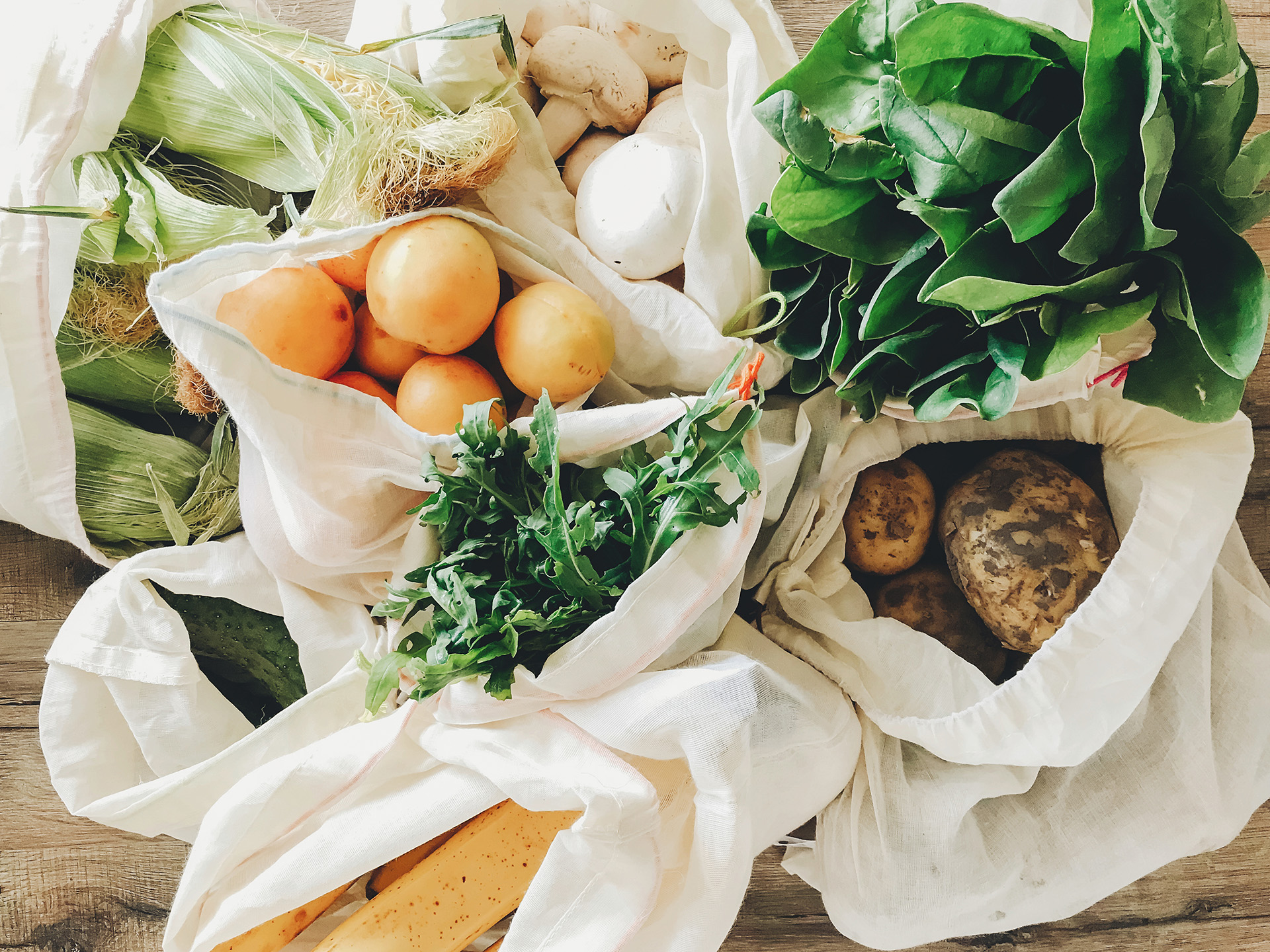
Instead of using cotton balls or pads to remove your makeup, use washable cotton rounds! Cotton rounds work the exact same way as their single-use counterpart—the only difference being they last for a significantly longer period of time. In addition to being eco- and wallet-friendly, they’re easy to clean! Just throw them in with your weekly load of laundry. If you would like to learn how to make your own reusable cotton rounds, visit our tutorial here.
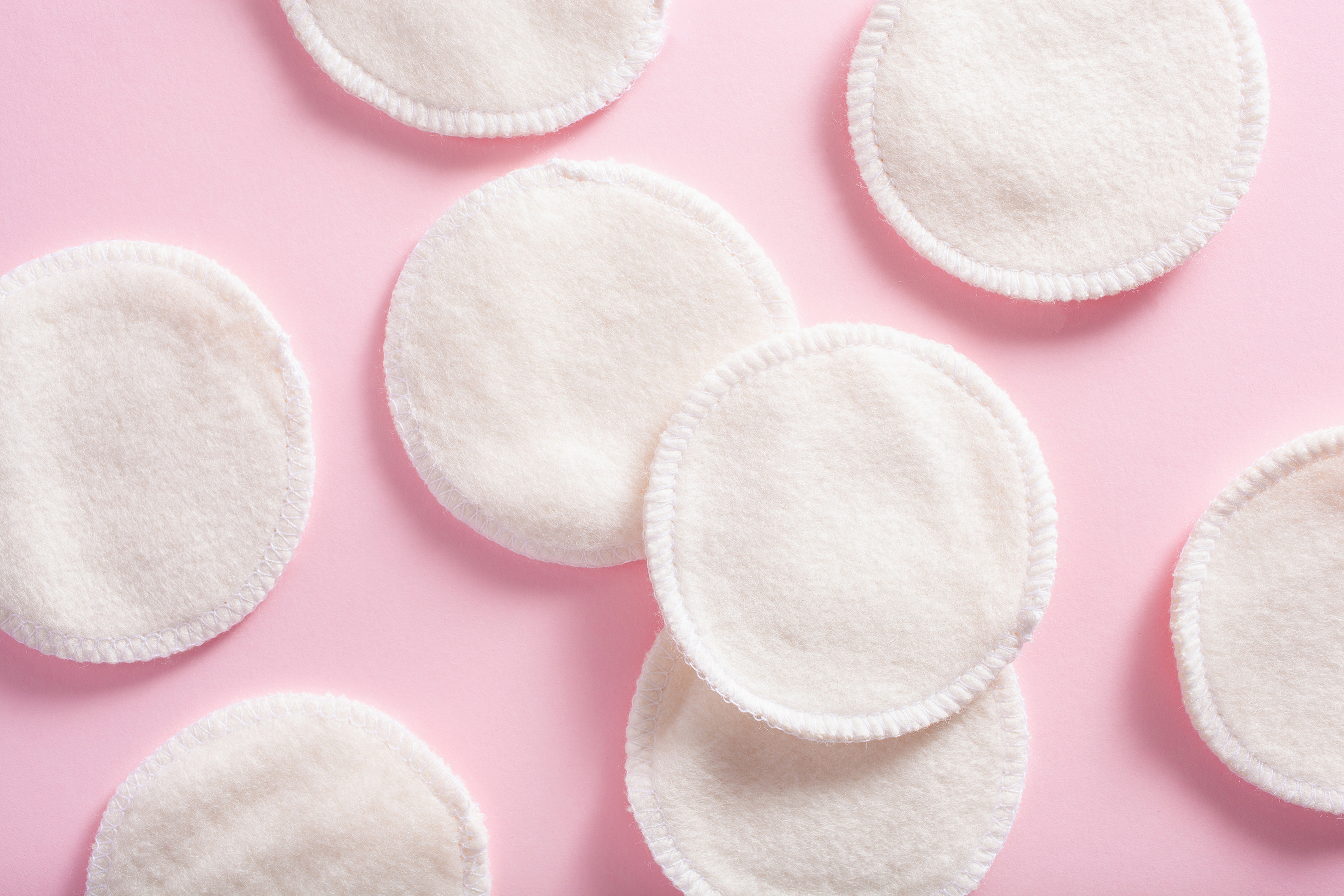
Sources
Plastic Soup Foundation, Storm Water Hawaii, City and County of Honolulu, Trash Free Hawaii
